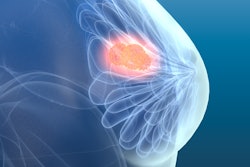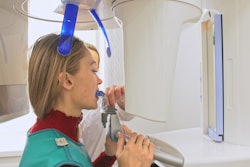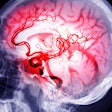
Postmenopausal declines in reproductive hormone levels may contribute to reduced kidney function, potentially leading to chronic kidney disease (CKD) and tooth loss. This large study was published on June 11 in the Journal of the Menopause Society.
Moreover, CKD and tooth loss are significantly associated in postmenopausal women, particularly those ages 66 to 79 years, the authors wrote.
"Increased attention to oral and bone health is warranted in postmenopausal women with chronic kidney disease, in addition to meticulous efforts aimed at preserving kidney function," Dr. Stephanie Faubion, MBA, medical director for The Menopause Society, said in a press release dated June 12.
Preventing and managing mineral and bone metabolism disorders in postmenopausal women with CKD is crucial to preventing tooth loss. Additionally, addressing the progression of kidney disease is essential, as its impact extends beyond oral health to multiple body systems, according to the release.
The study analyzed 64,971 participants from the Korean National Health and Nutrition Examination Survey from 2010 to 2018, focusing on postmenopausal women between the ages of 40 to 79 years. Participants were categorized into two groups based on the number of teeth they had (≥20 and <20). Subgroup analyses were conducted by age (40-65 years and 66-79 years).
Furthermore, the relationship between CKD and tooth loss was examined using multivariate logistic regression and considering factors such as age, income, education, smoking, alcohol intake, body mass index, hypertension, diabetes, annual oral examination, toothbrushing, and use of oral care products.
CKD and estimated glomerular filtration rate were significantly associated with having ≥20 teeth (CKD: odds ratio [OR] 1.41, 95% confidence interval [CI], 1.04 to 1.90; estimated glomerular filtration rate [10 mL/min/1.73 m²]: OR 0.90; 95% CI, 0.86 to 0.94). Notably, the association between CKD and having ≥20 teeth was significant in postmenopausal women age 66 to 79 years (OR 1.45; 95% CI, 1.05 to 2.01), according to the results.
"This study highlights the known link between chronic kidney disease and bone metabolism," Faubion added.




















